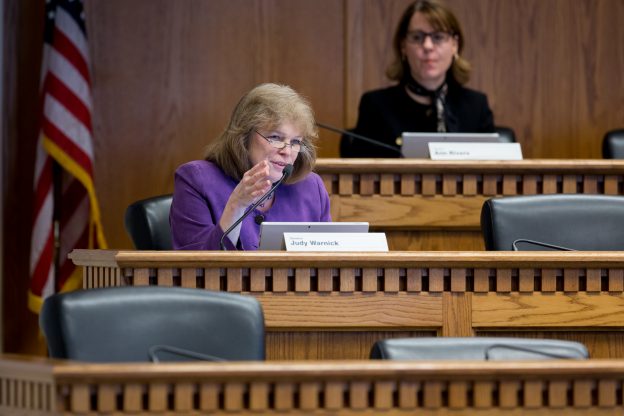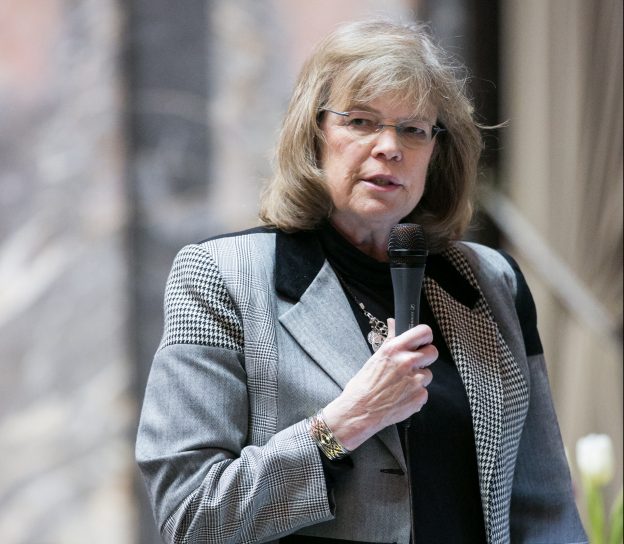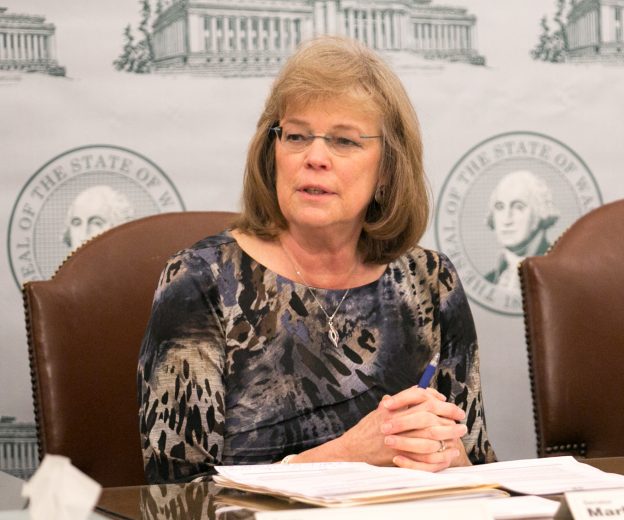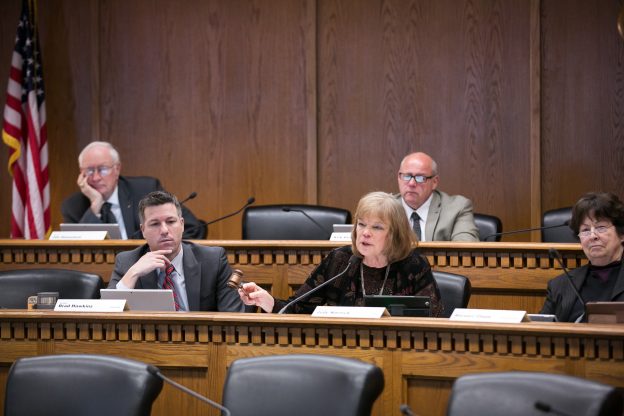Vote gives Democrat-controlled House second chance to help rural families without water
While work on education-funding reform and a new state operating budget continues during the Legislature’s special session, the Senate today took up and passed Senate Bill 5239, known as the Hirst fix, to bring needed access to water for rural households.
Sponsored by Sen. Judy Warnick, chair of the Senate committee on water, the legislation was approved with a bipartisan Senate vote during the 2017 regular session. However, the Democrat-controlled House failed to hold a vote on its own legislation to address the Hirst problem, nor did it approve SB 5239 despite support from rural property owners, associations and local governments for the Senate legislation.
“I stated repeatedly throughout the regular session that the Hirst issue needed to be addressed,” said Warnick, R-Moses Lake. “The House failed and now that we are in a special session we must approve this bill. The situation around our state is getting worse and time is running out. I recently heard from a farmer who cannot build housing for farmworkers because of this ruling. No good reason has been articulated by the House majority as to why this bill won’t go forward. If it were brought to the House floor for a vote, I am confident it would pass with bipartisan support.”
The Washington Supreme Court’s Hirst decision determined that counties are now required to conduct their own tests for water availability — independent of the Department of Ecology — before issuing building permits. Before the October 2016 ruling, counties could rely on Ecology water data when making such decisions.
Sen. Jim Honeyford, R-Sunnyside, and a co-sponsor of the Hirst-fix bill, said the ruling amounts to a war on rural Washington, and that is far past time for the House to help provide a solution.
“Most counties don’t have the resources to do the extensive testing mandated by the Hirst ruling, and the testing required is too expensive for the average homeowner,” said Honeyford. “This has effectively brought all forms of building and development across Washington to a screeching halt, and families are suffering as a result.”
Honeyford pointed to Zach Nutting, a Whatcom County resident who testified before the Senate water committee that his dream of building a home for his family was destroyed by the Hirst decision. Domestic water use at issue represents less than 1 percent of water usage in Washington State.
“After the ruling, Whatcom County rescinded the permission for Mr. Nutting to drill his private well, and he has been stuck in developmental limbo ever since,” said Honeyford. “This has left him and his family technically homeless as he tries to navigate the tangle of red tape brought on by the ruling. The House must act now to provide families like the Nuttings with a lifeline.”
Warnick echoed that sentiment.
“The House is stalling meanwhile people’s lives are being turned upside down,” said Warnick. “It’s incredible. The governor apparently doesn’t know what the problem is, the House leadership won’t let the Senate’s reasonable solution come to the floor for a vote, and the pleas of rural communities continue to be ignored. We need a Hirst fix and we need it now.”
Honeyford, the Senate’s capital-budget chair, said he will use his role as a chief architect of the capital spending plan to encourage House Democrats to take action on Hirst.
“Before we can negotiate a final capital budget, we need a Hirst fix,” said Honeyford. “If approved by the House, our bill would effectively reverse the disastrous impacts Hirst has had on rural development. I want to see families continue to make their homes in the countryside of our beautiful state, and to do that, they must have access to reliable sources of water.”
The Senate approved SB 5239 again with a bipartisan vote of 28 to 18. The bill now heads back to the House for its consideration.
“I hope the House does the right thing for our struggling rural communities around the state,” Warnick added.











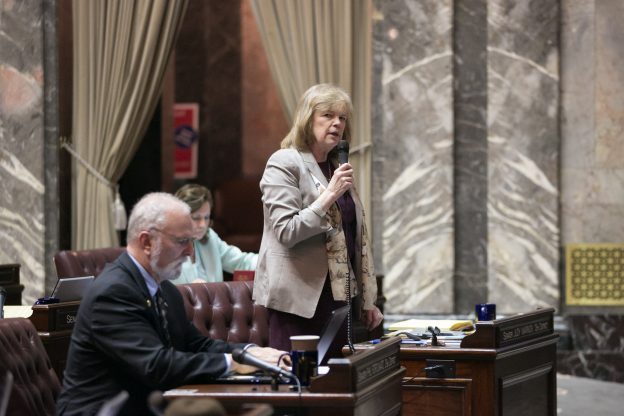



 43
43 oring our Police
oring our Police

